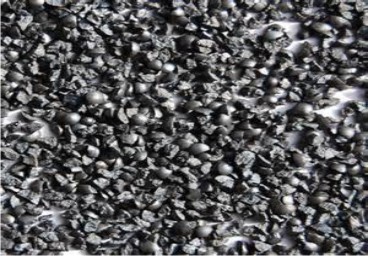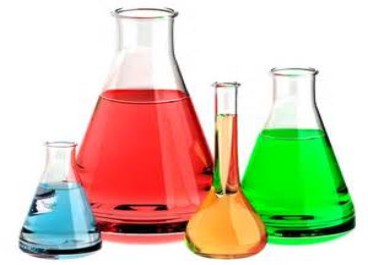This is what you need to know
A very popular question asked upon installation of our products is “How should we maintain this”? The answer, in fact, is not what most people would think…
All of our products are sealed with patented sealers, the material itself is therefore protected from the basic elements.
Chemicals used for cleaning the stone should however be carefully considered.
Understanding where the material is situated and what type of cleaning it may require plays and important role in how the material should be maintained.
Countertops and cladding are generally exposed to fatty foods and sugars.
These types of surfaces should be cleaned with warm dishwashing detergents like “Sunlight”. Wiped down with a damp cloth then dried with a dry dish cloth to remove the remaining water residue. Harsh chemicals and abrasives should not be used under any circumstances as they will either scratch the polished surface or cause acidic etching to the sealants and stone itself, causing dulling or a hazy effect on the stone. If you find a mark or stain you are not sure how to remove, rather contact us for advice than try to scrub it out.
Never cut directly on the stone surface.
As much as stone is a very hard surface, it should be kept in mind that even water weathers mountains away.
Cutting directly on the surface will cause very slight scratching which will eventually look terrible.
Granite, Marble and Quartz all have different densities and scratching will vary in severity.
Scratches can be polished out but the flatness of the surface will be lost and a warped effect may be seen where the stone has been re-polished.
Again, rather cut on a cutting board than directly on the tops. We also offer the service of making cutting boards out of the very same material that
your kitchen/ bar tops were made from so as to keep the uniform look.
Stone being used in the presents of water may sometimes develop thin layer of lime residue (Kalk) depending on the water.
Our sealants do prevent this but it has been noticed to still exist in high concentration.
Lime residue should be scraped off with a Stanley blade and finally removed with coat of furniture polish.
If you are unsure, require advice or would like us to help, Give us a call! We will be glad to assist.
Never Place Extremely Hot Surfaces on Stone
Never place a hot pot or pan directly on a stone surface! Rather use a side-board or cutting-board. Stone is generally very dense and inherently a cool surface indoors, by placing hot objects directly on the stone, you are subjecting it to an immense amount of heat that the dense material cannot dissipate quickly enough. This will cause the stone to expand in a concentrated area which will cause it to crack or break.

